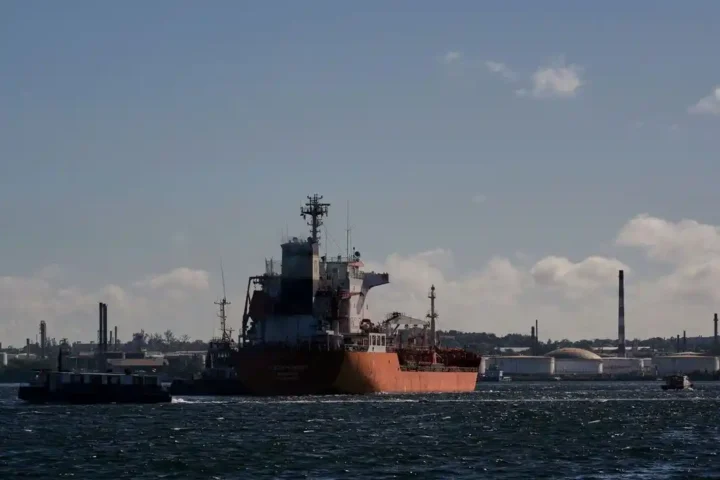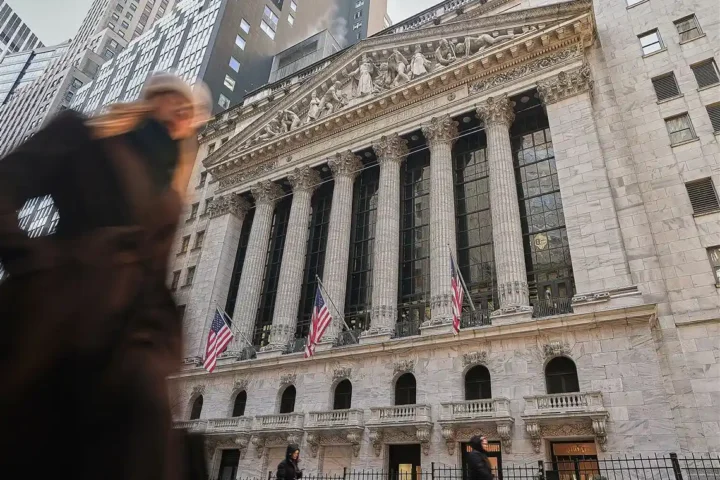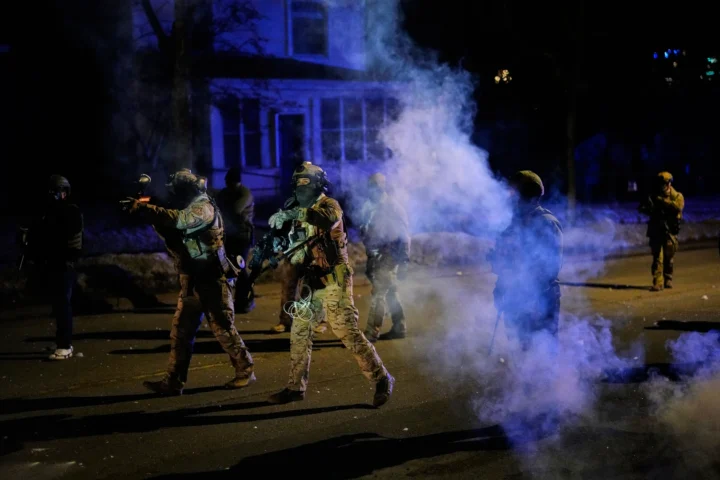In a dramatic turn of events, Michel Barnier’s tenure as France’s prime minister appears to be drawing to a close as his government faces an imminent no-confidence vote. The high-stakes parliamentary showdown, expected later this week, could not only unseat Barnier but also send shockwaves through France’s political and financial systems.
Barnier, best known for his role as the EU’s chief Brexit negotiator, was appointed prime minister in September in a bid to stabilize the political chaos triggered by President Emmanuel Macron’s decision to call a snap election. However, Barnier’s fragile coalition of centrists and conservatives has failed to hold firm against mounting opposition from both the left and the far-right.
A Controversial Maneuver Sparks a Crisis
The crisis came to a head on Monday when Barnier employed a contentious constitutional maneuver to force through a social security financing bill without parliamentary approval. This move incited fury among opposition parties, prompting the left-wing New Popular Front to submit a no-confidence motion.
Key opposition figures, including Marine Le Pen of the far-right National Rally, have vowed to topple the government. Le Pen accused the government of neglecting the will of the people, declaring, “The French have had enough of being thrashed and mistreated.”

The no-confidence vote is widely expected to pass, marking the first time since 1962 that a French government would fall in this manner. Far-right leader Jordan Bardella has predicted the government’s collapse, barring an unlikely “last-minute miracle.”
What Happens Next?
If the no-confidence vote succeeds, France will not head to fresh elections immediately due to constitutional restrictions. Instead, President Macron will be tasked with appointing a new prime minister to navigate the deadlock. However, the fractured state of the National Assembly—with Macron’s centrists, Le Pen’s National Rally, and the leftist coalition refusing to collaborate—complicates the path forward.

Political analyst Benjamin Morel from Paris Panthéon-Assas University noted the challenges ahead: “To appoint a new government, you need to find a political space to support it. But the centrists can’t support even a soft center-left candidate.”
While Macron may seek another right-leaning prime minister to replicate Barnier’s strategy of balancing conservative and far-right support, such a move would likely come with steep concessions to Le Pen. In the interim, Barnier could remain as a caretaker prime minister until a new leader is found.
Financial Turmoil Looms
The political crisis comes at a precarious time for France, which is grappling with a ballooning deficit. Barnier’s proposed budget, aimed at reducing the deficit to 5 percent of GDP, has reassured financial markets. However, the prime minister’s concessions to the National Rally, such as halting a planned tax hike on electricity and maintaining certain drug reimbursements, have already weakened his fiscal plan.
Financial markets have reacted with unease. On Monday, France’s CAC40 stock index slipped 0.2 percent, and some investors now view Greek bonds as a safer bet than their French counterparts. European officials, too, are concerned, as Barnier’s collapse could jeopardize France’s compliance with EU deficit reduction targets.
Despite the turbulence, France is not yet on the brink of a eurozone-style financial crisis. Ratings agency S&P recently upheld the country’s credit rating, citing economic resilience despite political uncertainty.
Avoiding a U.S.-Style Shutdown
If Barnier’s government falls, his 2025 budget proposal will likely be rejected. However, France can sidestep a government shutdown through stopgap measures, such as a “special law” to carry over the previous year’s budget temporarily. Marine Le Pen’s party has signaled conditional support for such a measure, which could provide short-term stability.
Still, experts warn that prolonging the budget stalemate could exacerbate France’s financial woes. Budget Minister Laurent Saint-Martin has cautioned that without Barnier’s proposed cuts, the deficit could climb to 7 percent of GDP.
A Nation at a Crossroads
As France braces for a likely government collapse, the nation faces an uncertain future. The political deadlock underscores the deep divisions within the National Assembly, while the looming financial challenges demand decisive action. For President Macron, the coming weeks will test his leadership as he seeks a path out of this unprecedented crisis. Meanwhile, the world watches anxiously, as France’s turmoil threatens to ripple far beyond its borders.











